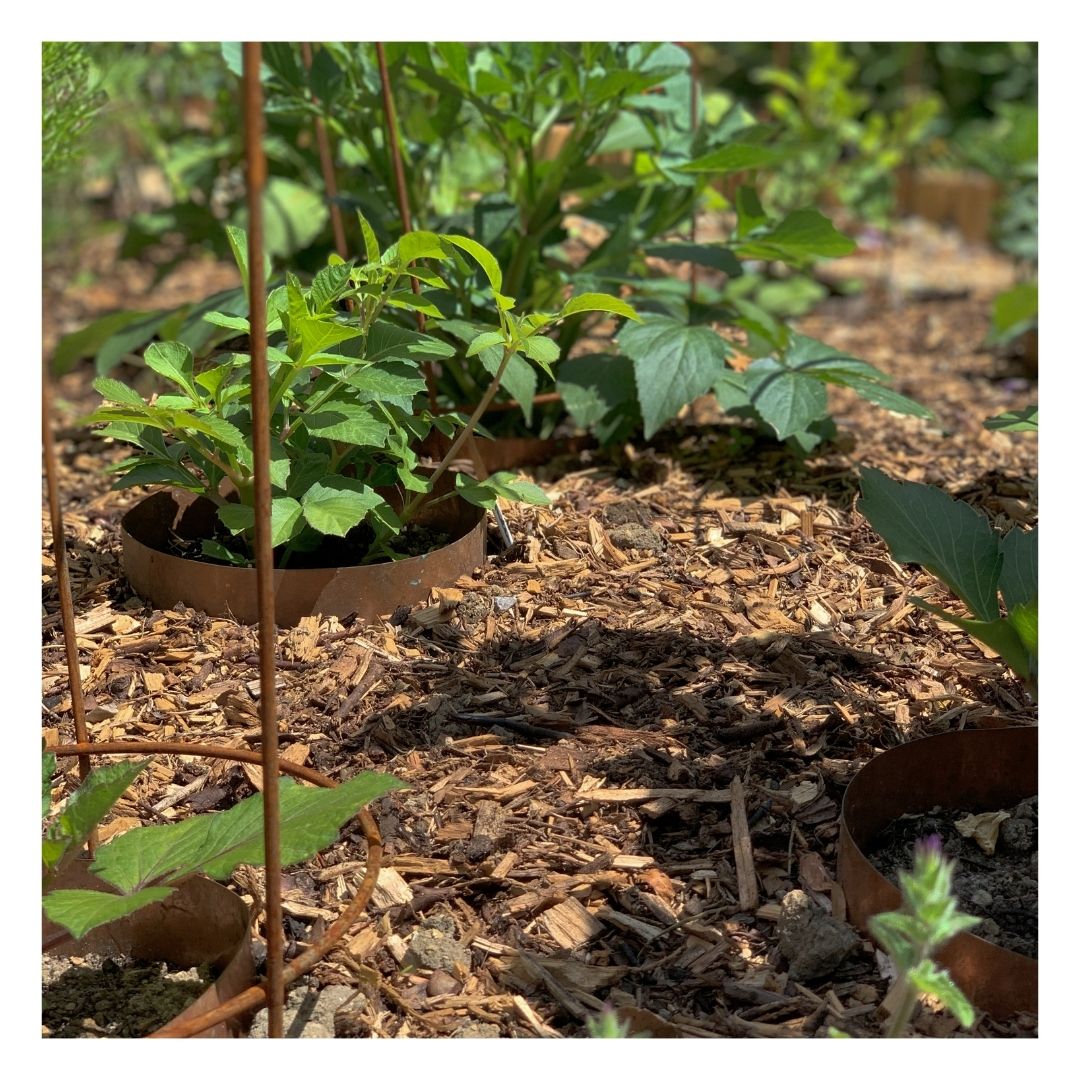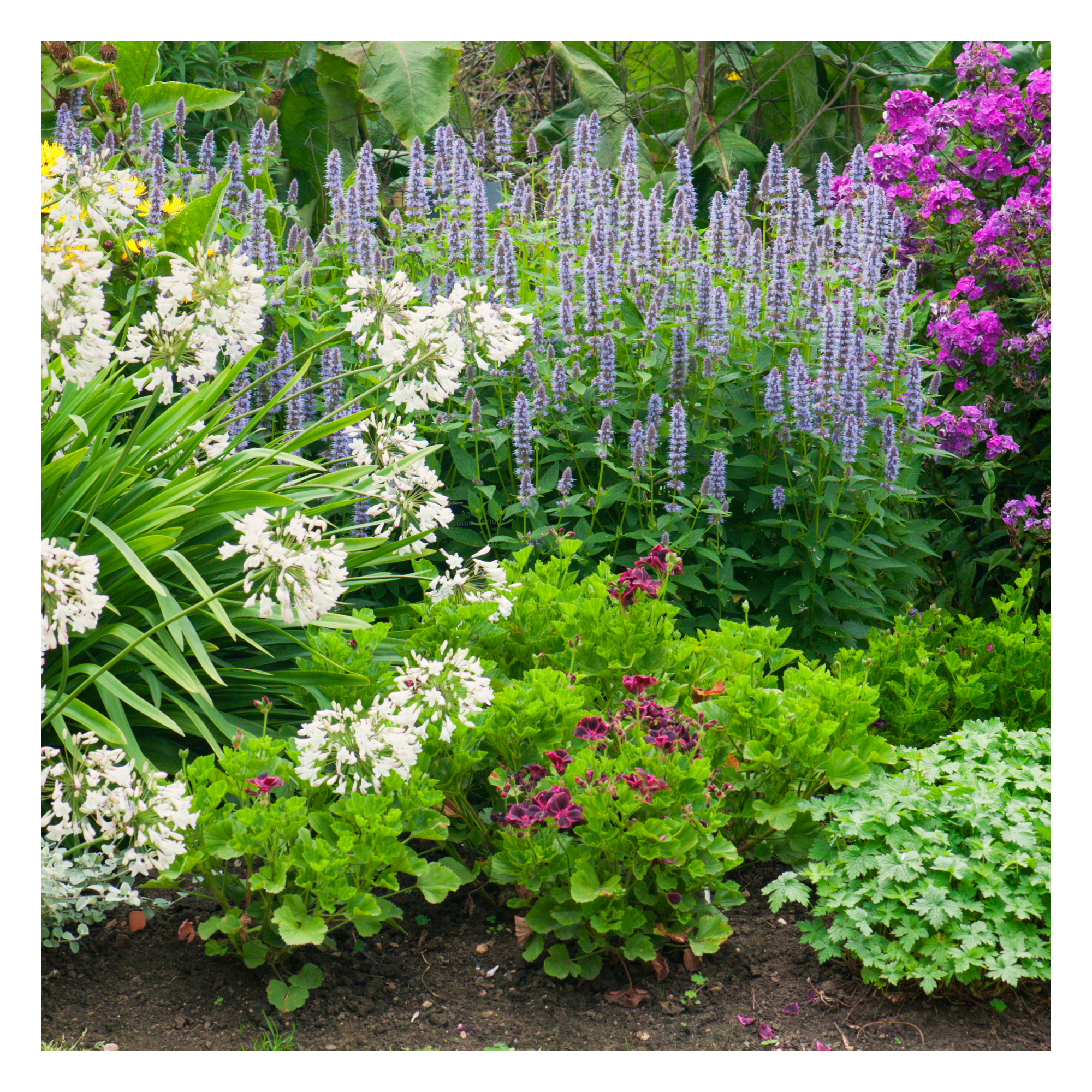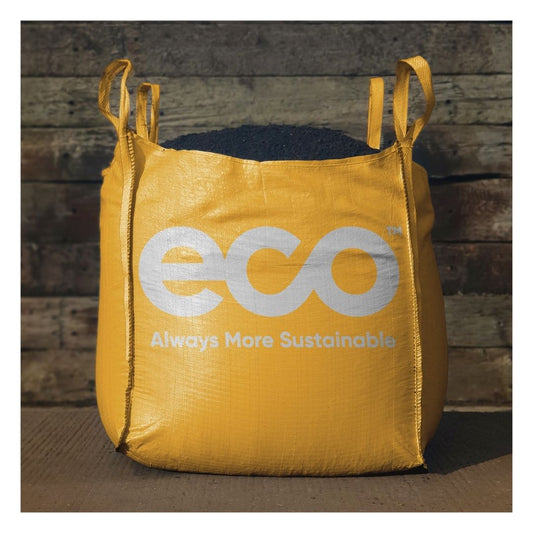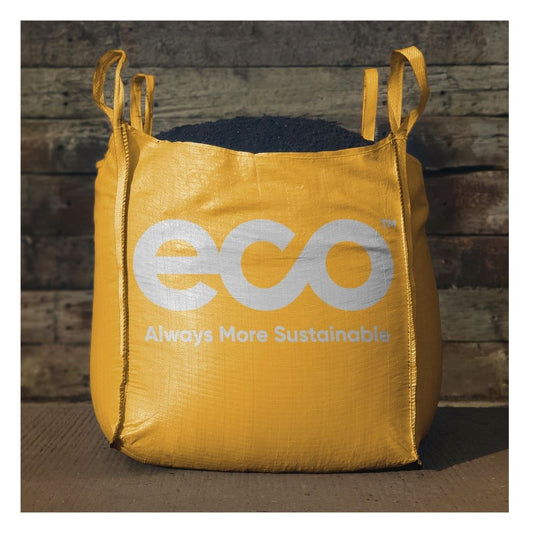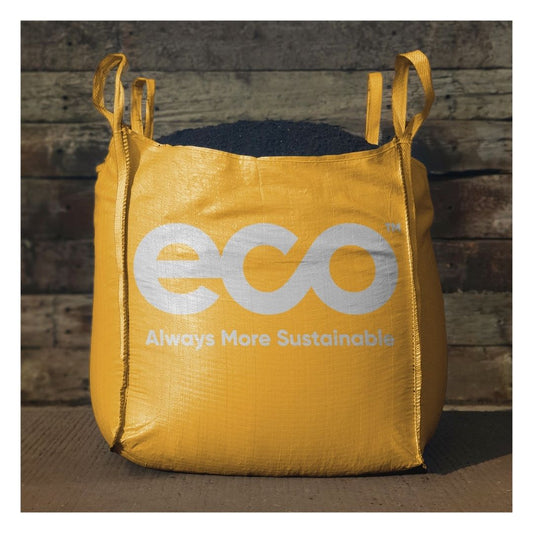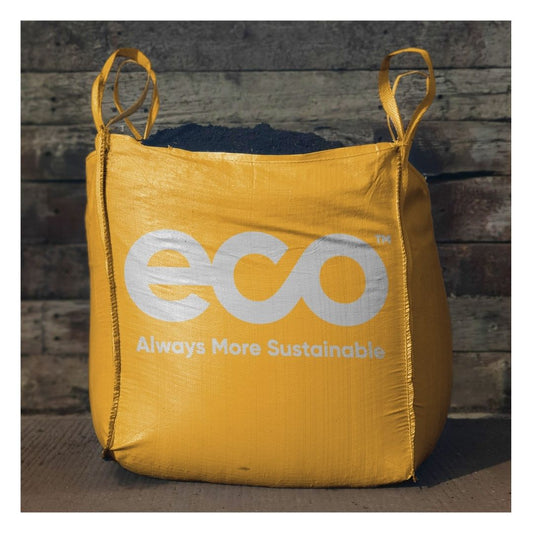How We Create Our High Quality Soil
Eco Sustainable Solutions was founded in 1993 with a vision to produce high quality, locally sourced and manufactured products. We are now one of the UK’s leading suppliers of landscaping products, ranging from soil and compost through to turf, mulch and shingle. We take great pride in everything we do at Eco and our range of soils are absolutely no exception. In this blog, we take an in-depth look at exactly how our high quality, premium soils are produced.
Step 1– Information
This is one of the most important parts of our soil recycling program at Eco. The quality of the soil that we produce is only as good as the source of the ingredients. Just like how a great chef knows exactly where each of his/her ingredients comes from, so too do we know exactly where our materials are sourced. We obtain information about the materials, including WAC (Waste Acceptance Criteria) for each and every source. This allows us to have all of the critical data about our material’s source and ensure that our products are as consistent as possible and avoids any potential contamination.
Step 2 – Testing
Next, we take all of the technical information that we have gathered about the source of the material and we ensure that each and every batch of the material we receive matches these criteria. Providing that the material matches the criteria it is allowed to enter our site. In the event that the material does not match, it is prevented from entering the site to ensure that there is no chance of contamination with any of our other materials.
Step 3 – Weighing
Before the materials are allowed into our recycling facility, they must first be weighed. We weigh each and every batch of material that enters and exits Eco. Our weighbridges allow us to accurately measure our incomings and outgoings and allow us to track and record stock levels effectively. In addition, this allows us to ensure that none of our customers and drivers accidentally leave our facility with an unsafe overloaded vehicle.
Step 4 – Categorisation
The material is then categorised and the driver is guided through our facility to deliver the material to the appropriate stock pile. Here, a final visual inspection and check is carried out by our operations team to ensure that the material is fit for processing.
Step 5 – Processing
In this step, our fresh material is screened through our processing machines. These machines remove any contaminants from the soil that will degrade the finished product. This includes removing all unsuitable materials, such as fabrics, metals, plastics, concrete etc. The material is screened to ensure that the particles are within the desired range, depending on the final product. Any particles that are too large are crushed into a smaller size or, in the case of small stones, they are washed and used in our aggregate products. Finally, the screened material is mixed at a 1:4 ratio with our high quality British standard PAS100 compost to produce a moisture retaining, versatile, healthy soil for a fertile and productive landscape.
At present, we offer different soil varieties available in all quantities including; Eco Topsoil: Super Soil, an enriched top-soil fine blended to 10mm and perfect for landscaping, turfing and planting; Eco Topsoil: Coarse Mix, screened to 15-20mm, a larger grain soil ideal for landscaping and general use and Super Soil Pro, our premium double screened soil, perfect for laying turf and seeding.
All of our soils and composts are created to British standards and we are so confident in our soils that we offer a full specifications sheet. In most, we even offer material source information and field history so you can tell exactly where our materials come from. We’re well established soil producers at Eco and can even blend soil specifically to your requirements.
Shop Eco Soils
-
Eco Organic Topsoil: Fruit & Veg
Regular price £121.95 GBPRegular priceUnit price per -
Eco Organic Topsoil: Beds & Borders
Regular price £121.95 GBPRegular priceUnit price per -
Eco Organic Topsoil: Supersoil
Regular price £121.95 GBPRegular priceUnit price per -
Eco Organic Topsoil: Coarse Mix
Regular price £116.95 GBPRegular priceUnit price per
